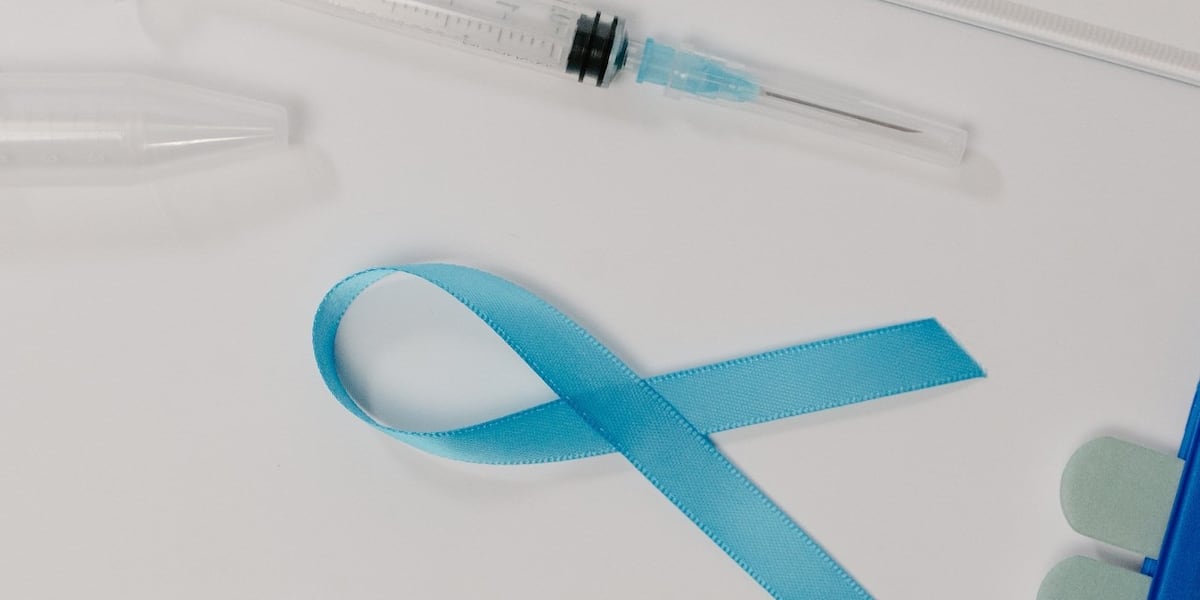Don't Wait, Check It Out: Men's Health Month Focuses on Prostate Cancer Prevention

June's here, and that means it’s Men's Health Month – a crucial time for Kiwi blokes to prioritise their wellbeing. Experts are urging men across New Zealand to get screened for prostate cancer, a condition that affects a significant number of men during their lifetime.
Why the Fuss About Prostate Cancer?
UW Health, along with health professionals nationwide, highlight that prostate cancer is a serious concern. While skin cancer is more prevalent, prostate cancer remains the second most common cancer affecting men in the United States, and similar trends are observed here in New Zealand. The statistics are sobering: approximately one in eight men will receive a prostate cancer diagnosis at some point in their lives. That's a significant number, underscoring the importance of awareness and early detection.
Understanding the Risks & Symptoms
Several factors can influence a man’s risk of developing prostate cancer. Age is a major factor – the risk increases significantly after 50. Family history also plays a role; men with a father or brother who has had prostate cancer are at a higher risk. While early-stage prostate cancer often presents no noticeable symptoms, as the cancer progresses, men might experience:
- Frequent urination, especially at night
- Difficulty starting or stopping urination
- Weak or interrupted urine flow
- Pain or burning during urination
- Blood in urine or semen
- Pain in the lower back, hips, or thighs
Screening: Your Best Defence
Early detection is key to successful treatment and improved outcomes. Screening typically involves a Prostate-Specific Antigen (PSA) blood test and a digital rectal exam (DRE). The PSA test measures the level of PSA in the blood, a protein produced by the prostate gland. Elevated PSA levels can indicate prostate cancer, but they can also be caused by other conditions. A DRE allows a doctor to feel the prostate gland for any abnormalities.
Talk to Your GP
The most important step you can take is to have an open and honest conversation with your GP. Discuss your risk factors, any concerns you have, and whether screening is right for you. Don't be embarrassed or hesitant – your health is paramount. Many men put off these important check-ups, but proactive health management can make all the difference.
Beyond Screening: Healthy Habits
While screening is crucial, maintaining a healthy lifestyle can also contribute to prostate health. This includes:
- Eating a balanced diet rich in fruits, vegetables, and whole grains
- Maintaining a healthy weight
- Regular exercise
- Limiting alcohol consumption
Men's Health Month is a reminder to take charge of your wellbeing. Don’t wait – schedule that check-up, talk to your doctor, and prioritise your health. Your future self will thank you for it.





